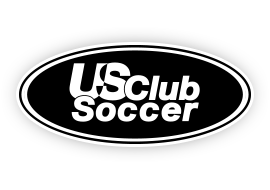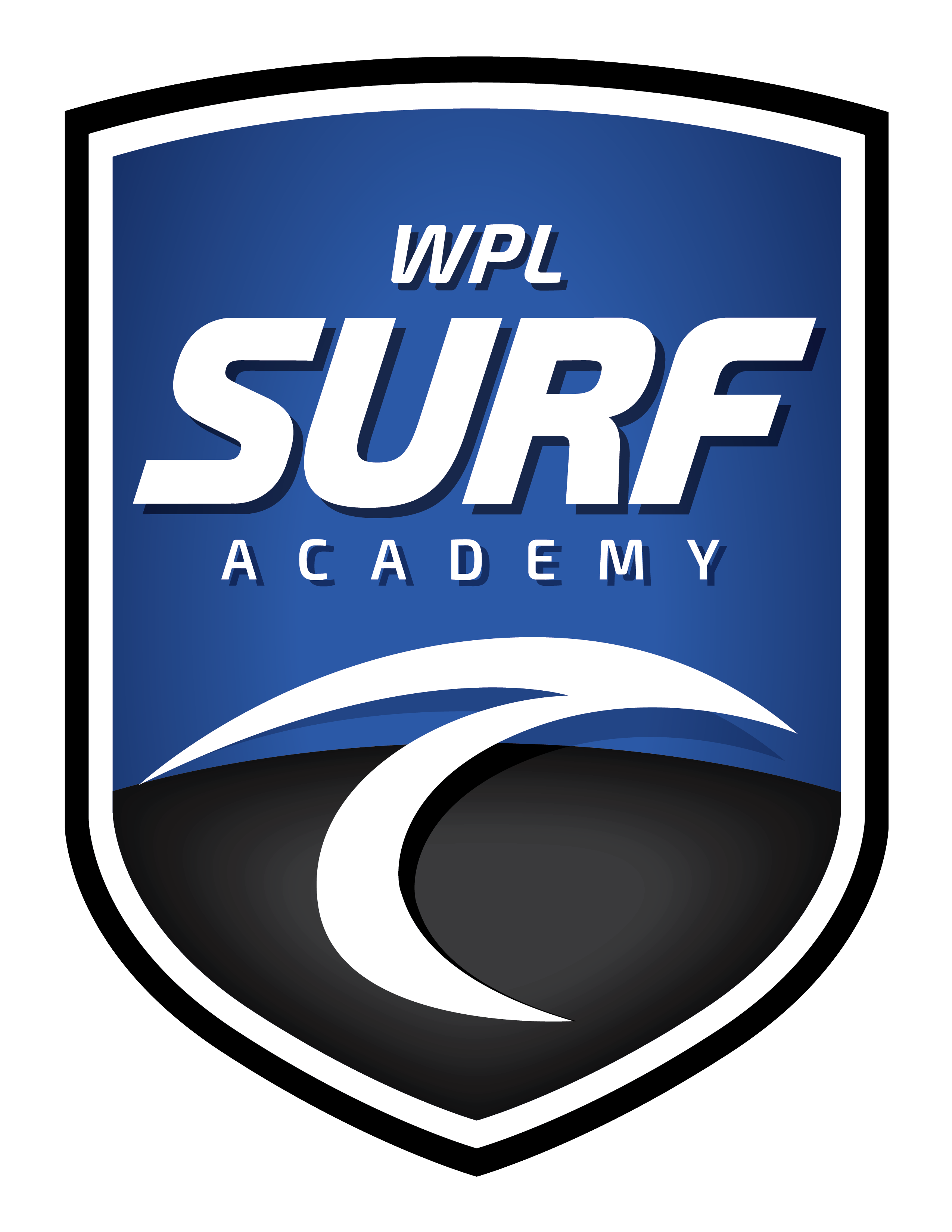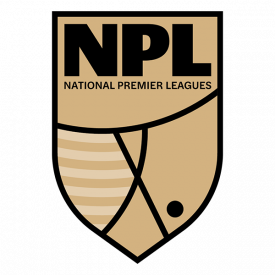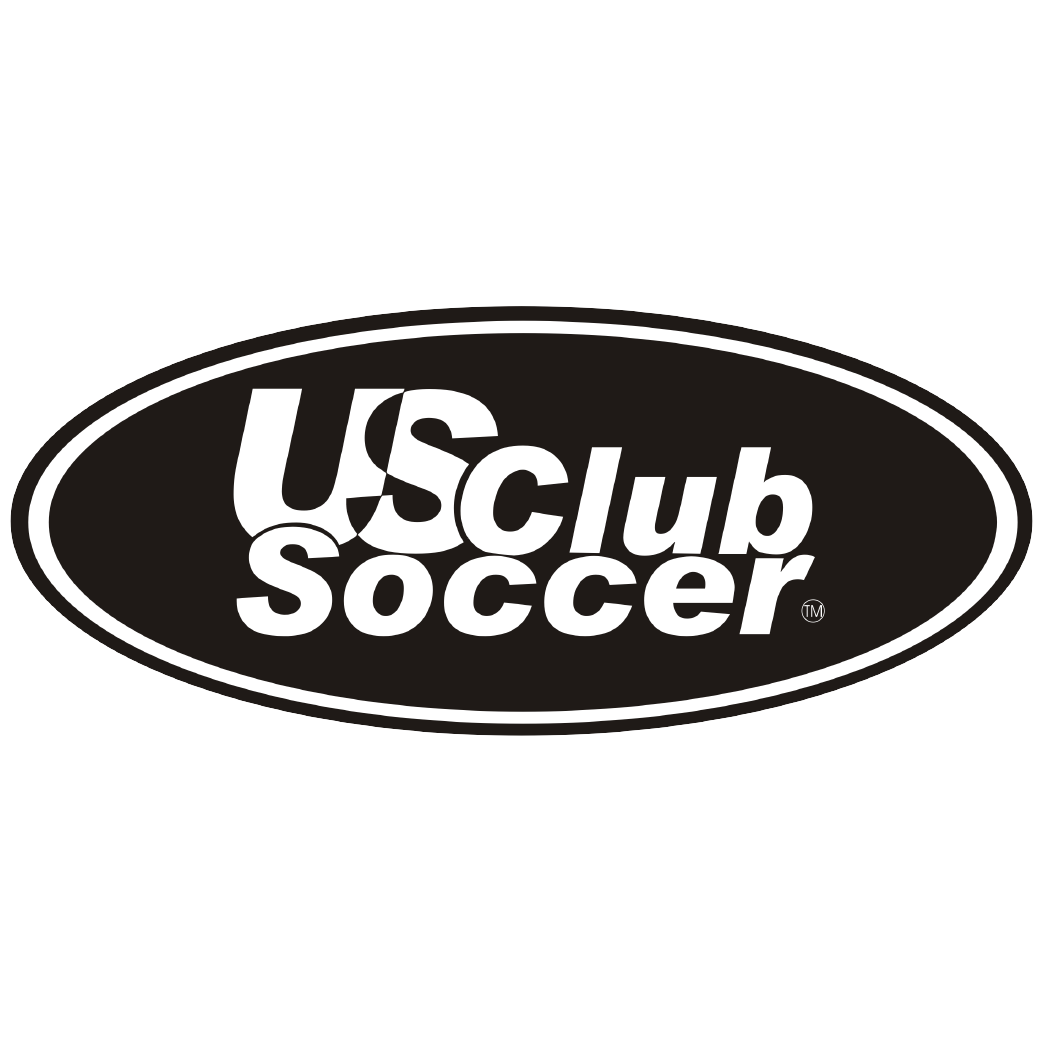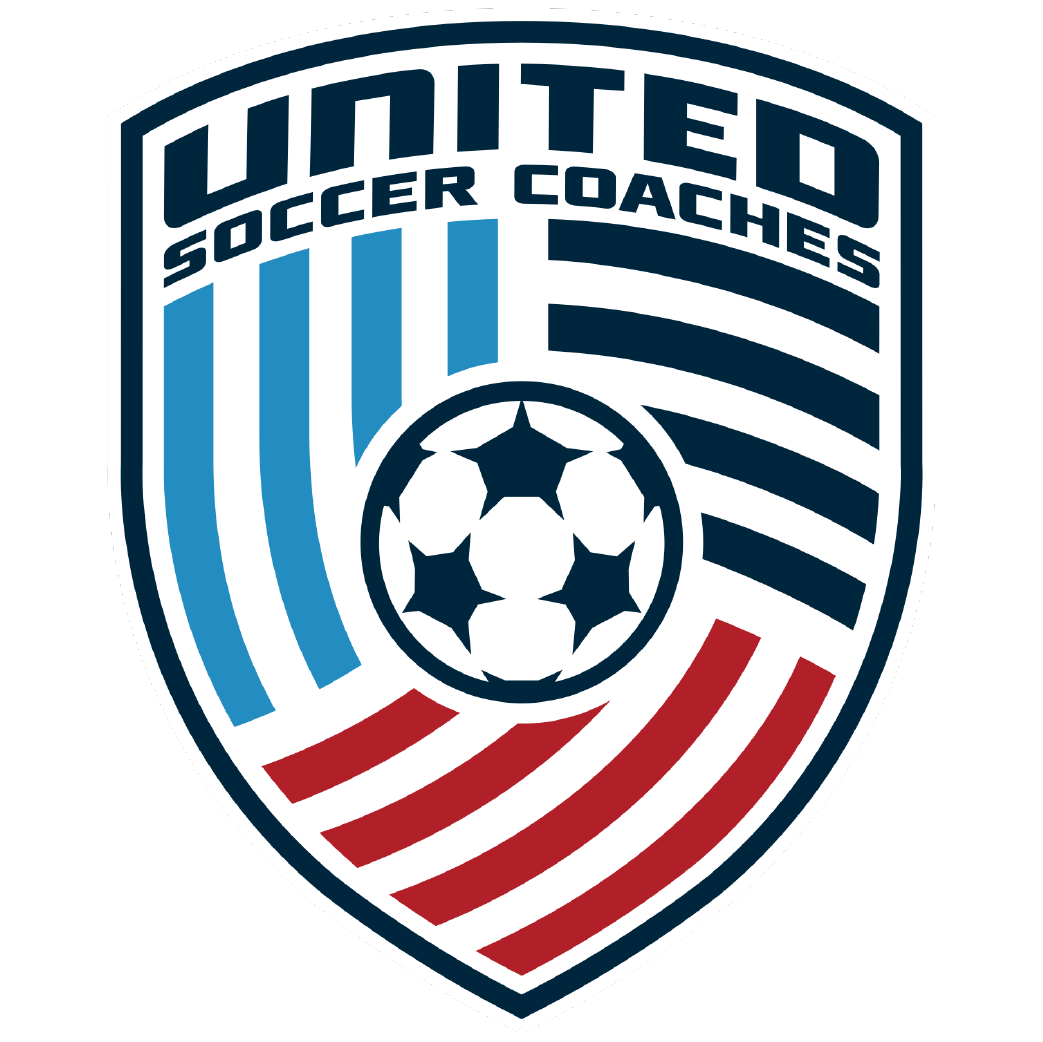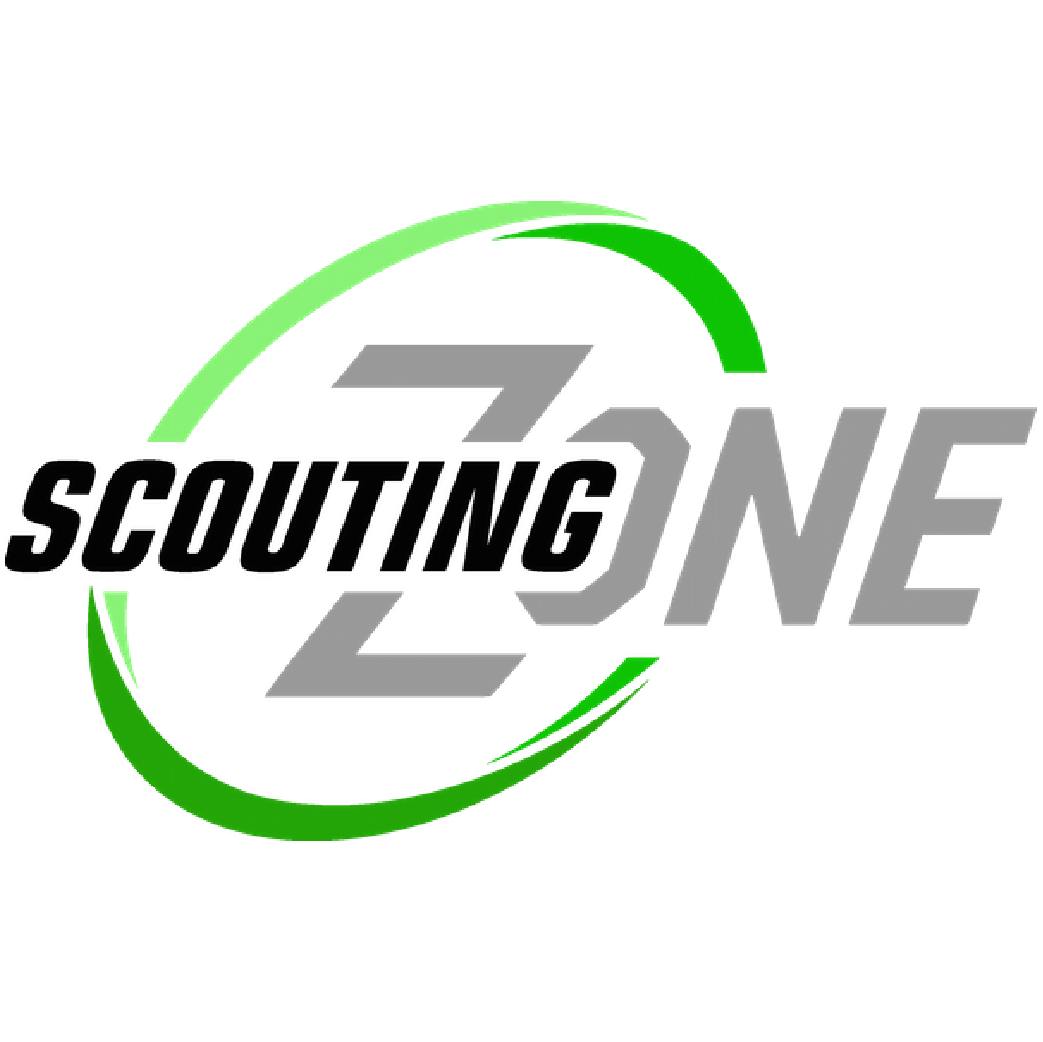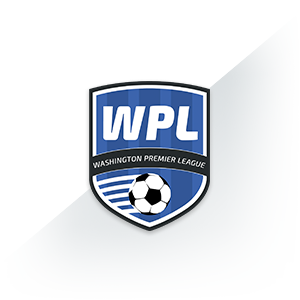ETHICS POLICY
 Washington Premier League (WPL)- Ethics Policy
Washington Premier League (WPL)- Ethics Policy
Participation in any Washington Premier League, or other WPL competition, means a club or team accepts its rules, policies and procedures.
.png)
The purpose of this league is to set the highest standards for Soccer Clubs to develop youth players to their fullest potential – both physically, emotionally, ethically, and tactically.
As such, participants must conduct themselves to the highest standard. At all times, adult participants are expected to be role models for youth players who participate in this league.
Adult participants are expected to exhibit good sporting behavior in victory and defeat. All participants in WPL Events are members of US Club Soccer and therefore shall agree to accept and follow its bylaws, rules, and policies.
In addition to those stated bylaws and ethics policy, club officials agree to follow league rules and policies that are required for participation in WPL leagues and tournaments. Any violation of the bylaws, league rules or articles below shall be grounds for range of penalties including suspension, removal or exclusion from the league.
WPL Code of Ethics
Purpose: This code of ethics has been developed to clarify and distinguish approved and accepted professional and ethical behavior within the WPL and US Club Soccer Organizations.
All club officials, coaches, managers, players, and spectators agree to adhere to the WPL Code of Ethics. Failure shall be grounds for a range of penalties, including suspension, removal or exclusion from the league.
Article I – Responsibilities to Players
(1) The coach shall never place the value of winning over the safety and welfare of players.
(2) Coaches shall instruct players to always play within the laws of the game and within the spirit of the match.
(3) Coaches shall not seek unfair advantage by teaching deliberate unsportsmanlike behavior to players.
(4) Coaches must not tolerate inappropriate behavior from players regardless of the situation.
(5) Demands on players’ time should never be so extensive as to interfere with academic goals.
(6) Coaches must never encourage players to violate WPL recruitment, eligibility or player’s rules and policies.
(7) Coaches must direct players to seek proper medical attention for injuries and to follow the physician’s instructions regarding treatment and recovery.
(8) Coaches should take an active role in educating their players about sports nutrition, fitness.
(9) Coaches should educate themselves on a constant basis to provide their players with the highest-level instruction possible.
(10) Coaches should always place the individual players development first and place team success second.
Article II – Responsibility of WPL Clubs
(1) Adherence to all WPL, PSRL, USSF and US Club Soccer rules and policies, especially those regarding eligibility, team formation and recruiting are mandatory and should never be violated. It is the responsibility of each coach to know and understand these rules.
(2) Shall not accept players from another club who have outstanding fees to another member of WPL or US Club Soccer.
(3) Shall not Recruit Players who have registered to another team within the WPL or US Club Soccer Club during the WPL season. Recruiting is defined as asking a player to either try-out, play or guest play for any other team without first receiving prior written permission from the player’s current club Director of Coaching – even for purposes of guest playing. (Email is considered acceptable “written permission”).
(4) Any problems that cannot be resolved between coaches or clubs should be referred to the appropriate WPL Committee.
(5) Unnecessarily hamper the playing of any scheduled match at its originally scheduled time and place or cause undue hardship should the re-schedule of a match become necessary.
Article III – Responsibilities to the Laws of the Game
(1) Coaches should review and understand of FIFA’s Laws of the Game.
(2) Coaches are responsible to assure their players understand the intent as well as the application of the Laws.
(3) Coaches must adhere to the letter and spirit of the Laws of the Game.
(4) Coaches are responsible for their players’ actions on the field and must not permit them to perform with intent of causing injury to opposing players.
Article IV – Responsibility to Officials
(1) Officials must have the support of coaches, players, and spectators. Coaches must always refrain from criticizing officials the presence of players or spectators.
(2) Professional respect, before, during and after the match, should be mutual. There must be no demeaning dialogue or gestures between official, coach or player.
(3) Coaches must not incite players or spectators or attempt to disrupt the flow of the match.
(4) Comments regarding an official should be made in writing to the appropriate organization assigning the official.
Article V – Expectations for Scouting and Recruiting
(1) All WPL rules pertaining to recruiting shall be strictly observed by coach, manager, or any team representative.
(2) It is inappropriate to recruit player(s) actively playing for another WPL team – unless the player’s club provides written permission.
(3) It is unethical for a player to be recruited or enticed from the Player Development Program or Academy setting, either by any coach manager, player, parent, or team representative present at said event.
(4) When discussing the advantages of his/her organization, the coach has an obligation to be forthright and refrain from making derogatory remarks to other coaches, teams, and organizations.
(5) It is unethical for any coach to make a statement to a prospective athlete which cannot be fulfilled, such as promises of compensation or inducement for play; and/or acts, or suggestions of immoral behavior.
(6) It is unethical for coaches to attend tryouts for other clubs, unless invited by the club in writing, or to have players attend tryouts at other clubs to recruit players.
(7) It is unethical for a coach to leave one club and then recruit the former team to the new club that their former coach has joined.
(8) Any coach, manager or official knowingly using an ineligible player(s) (over-age, improperly registered, or under disciplinary suspension) will be suspended from participation in all WPL activities for the current and potentially the subsequent seasonal year.
(9). A coach shall not take a fully registered team from one club to another club. For 7V7 teams, the term fully registered means taking five players or more to a competing club. For 9v9 teams, it means seven players or more; and for 11v11 teams, it means 9 players or more.
(10) If a team of players follows a coach to another club, that coach is prohibited from coaching those same players in the new club for one complete, 12-month soccer year, typically May to May.
Article VI – Responsibility of Public Relations
Coaches have the responsibility to assist their players in conducting themselves properly when representing their team, their club, US Club Soccer and the WPL in a public setting.
Article VII – Other Responsibilities
(1) A coach’s behavior must bring credit to himself, to the organization, and to the sport of soccer.
(2) While the concept of rivalry is embraced, it cannot take precedence over exemplary professional conduct.
(3) The attitude and conduct of the coach towards officials, players, spectators, and coaches should be controlled and undemonstrative.
(4) It is unacceptable for a coach to have any verbal altercation with an opposing coach or bench before, during or after the match.
(5) Coaches must use their influence on his/her spectators that demonstrate intimidating and/or unacceptable behavior towards officials, player(s) and opposing team members
Expectations for all WPL club officials:
No coach, player, club, or club official shall engage in any conduct, or associate with any individual that has engaged in any conduct which:
(1) Damages the public confidence in sports.
(2) Damages the honor, integrity, or reputation of the WPL or its member clubs.
(3) Constitutes corruption in any form.
WPL Disciplinary & Hearing Process
Outlined herein are the procedures for disciplinary actions and for WPL participating clubs, their coaches, administrators, players, fans, and other personnel, as well as for other affiliated events and organizations (i.e., tournaments and leagues) sanctioned by WPL involving allegations of violations of WPL, USSF, or US Club Soccer rules and policies.
1. A Discipline Hearing is an original WPL hearing that results from a charge brought against a club or an individual from either the WPL Board of Directors or President; or from a written allegation brought by a participating club and includes referee’s allegations of assault or abuse.
2. The WPL Discipline Committee shall be appointed by the WPL President, or his designee, on an ad hoc basis and may hold hearings based on an allegation of misconduct.
3. Any hearing under these rules shall be the result of a written allegation, with an Allegation of Misconduct being the preferred format. No hearing shall result from circumstances which are only communicated orally.
4. No person may sit on a hearing committee when any conflict of interest exists. Any such individual shall recuse himself from such committee. If a league or tournament authority has an institutional conflict of interest with the issue being adjudicated, then the matter shall be forwarded to the Discipline Committee.
5. Upon receipt of a written allegation, the Discipline Committee (or the WPL Board if no standing Disciplinary Committee is in place shall initially determine if the parties have standing and if the matter has been properly filed. It will also determine if it has the necessary information to adjudicate the matter, including contact names and addresses for official notifications, statements of fact, and relevant documents, and in the case of an Appeal the prior official document directory. The hearing committee may ask for additional information or clarifications or may hold an initial conference among the parties to discuss procedural matters.
6. The defendant in a disciplinary hearing shall receive a written notice of the charges and the possible consequences if determined to be true.
7. The hearing committee shall establish a time schedule for the parties to provide a list of witnesses and copies of any evidence to be presented, which the committee shall then provide to the other party. The committee shall establish a time frame for the defendant or respondent to file a rebuttal to the charges, allowing a reasonable amount of time to do so, and an additional period for the appellant or petitioner to respond.
8. The date for the hearing shall be published in a notice of hearing and sent to all parties and hearing committee members. A reasonable time shall be allowed from the time of notice of the charges and the hearing date to allow for preparation, and the hearing shall be held at a time and place to make it reasonably practical for the defendant to participate.
9. The hearing and adjudication of any written allegation should be completed within thirty (30) days of its filing (however, a competition protest shall be heard as expeditiously as possible).
10. The decisions and/or disciplinary sanctions imposed as the result of a hearing shall be binding on all disciplinary authorities and shall be recognized by all WPL affiliated organizations.
11. Official notifications and discipline decisions may be sent by email, but also by certified or registered first-class mail—return receipt requested, or by two-day or overnight service, to the address indicated on the Club.


